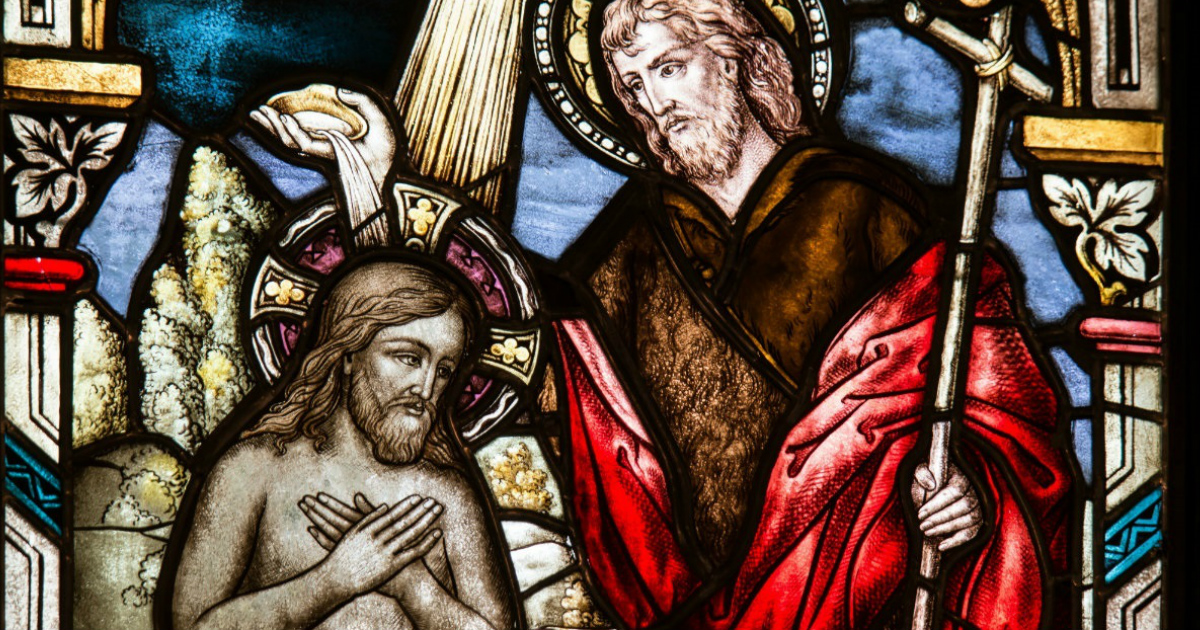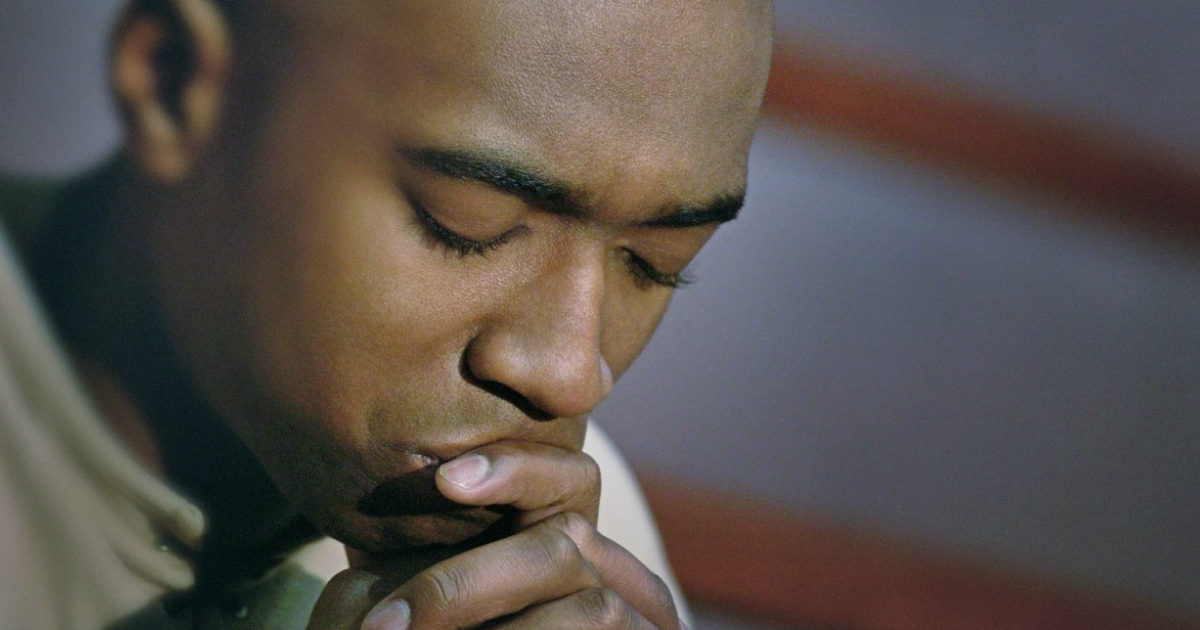Fred Sanders is a learned man. He's dedicated years and years to the deep study of theology, earning his PhD in the field. But his passion lies in exploring and explaining one of Christianity's biggest riddles -- the trinity. He's written books on the topics and blogs about it often.

And here, Fred uses all that wisdom to break down the 10 things we need to know about the relationship of the Father, Son and Holy Spirit.
1. The Trinity is something God wants us to know.
If you believe the Bible reveals that God is Father, Son, and Holy Spirit, then you ought to believe that God made this known because he wants us to know it. "The secret things belong to the LORD," but God's triunity is not among those secret things, or he wouldn't be talking about it and neither would we. "The things that are revealed belong to us" (Deu. 29:29).
2. The doctrine of the Trinity is not illogical.
It doesn't teach that God is three persons in one person, or three beings in one being, or three in one in some abstract sense. It teaches that God is three persons in one being. Partly because there are no other examples of such a thing, God's triunity transcends our rational comprehension. But it doesn't violate logic or make a claim that it nonsensical.
RELATED: 5 Biblical points about the trinity
3. You should give up on looking for an illustration of the Trinity.
God's triunity is one of those divine realities that have no parallel, like "being the creator of everything from nothing," or "being omnipotent." Any illustration you think of for such realities is vastly more unlike God than like God.
4. The Father sent the Son and the Holy Spirit to save us; that is why we know about the Trinity.

God didn't make his triunity known to us by informing us of facts about it. Instead, he made it known through the incarnation of the Son and the outpouring of the Holy Spirit. The revelation of the Trinity took place in those acts, which God then explained.
RELATED: Comedian Stephen Colbert's hilarious Gospel smackdown with Bible critic
5. God would have been the Trinity even if nothing existed but God.
The doctrine of the Trinity is a teaching about God's eternal, essential being. So even if everything we know about the Trinity is derived from God's outward works as creator and (especially) redeemer, the Trinity would have been itself even without having done these things.
6. The Trinity is always bundled with the gospel.
It's the doctrine of who God must be if salvation is what we think it is. The Father who gave his Son and Spirit to save us must be a Father who always had a Son and Spirit. If you describe the Trinity and then have to tack on the fact that the Trinity saves, you probably described it too abstractly in the first place. The Bible bundles Trinity and gospel, and so should we.
7. You're already soaking in it.
Whether you have been attending to it or not, everything about the Christian life works only because there is a Trinitarian reality underlying it. If you got saved, you got picked up by the Trinity and brought into God's own fellowship. Learning about the Trinity is a matter of learning the deeper reasons why this Christian life works.
8. Prayer and worship have a Trinitarian structure.

Every time Christians approach God, they come before God (the Father) in the name of Jesus (not in their own name) by the power of the Spirit (not by their own power). Again, this is true even if they're not consciously thinking about it.
9. You don't have to choose between being Christ-centered or being Trinity-centered.
The simple reason for this is that Christ is Trinity-centered, right in the middle of the Trinity as the Son sent by the Father and filled with the Spirit. If you focus on Jesus properly, you will find yourself necessarily focusing on the Trinity—as long as you don't focus on Jesus in a Father-forgetful or Spirit-ignoring way.
RELATED: Why the Doctrine of the Trinity is Crucial for the Christian Life
10. You can be a good Trinitarian without talking about the Trinity all the time.
The doctrine of the Trinity is the vast, deep background behind all our theology, and when we explicitly talk about it we make a comprehensive claim about who God is if the gospel is true. But often the background stays in the background, and enables us to say particular things about Jesus, discipleship, the cross, the Holy Spirit, and so on, without making the big picture explicit. That's how the New Testament mostly does it, so you're in good company. Go ahead and talk about the Trinity sometimes and think about it deeply sometimes. Praise the Trinity at all times, and when necessary, use the word "Trinity." But don't feel like you have to focus mentally on this gigantic doctrine at all times in order to be a good Trinitarian.
This is a guest post by Fred Sanders, author of The Deep Things of God: How the Trinity Changes Everything. This post is part of our 10 Things You Should Know blog series. Content taken from Crossway.org; used with permission on Crosswalk.com.
Fred Sanders (PhD, Graduate Theological Union) is professor of theology at the Torrey Honors Institute at Biola University. Sanders is the author of The Deep Things of God: How the Trinity Changes Everything and blogs at ScriptoriumDaily.com.
Credit: Crosswalk
YOU MAY ALSO LIKE: 5 Biblical reasons why God might send His angels



